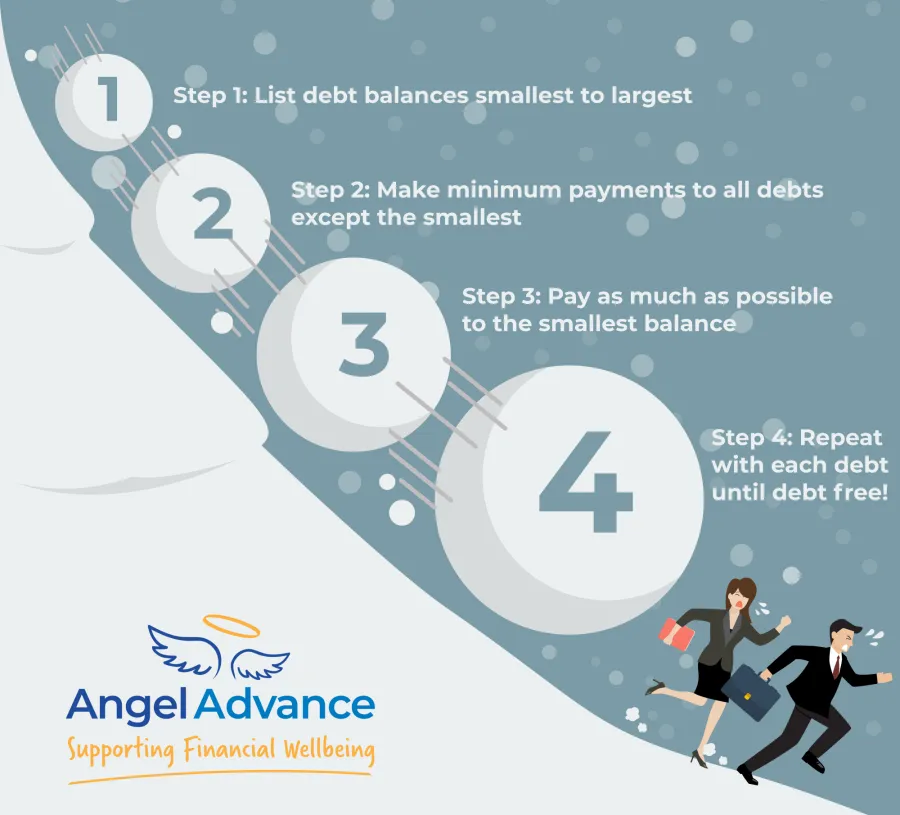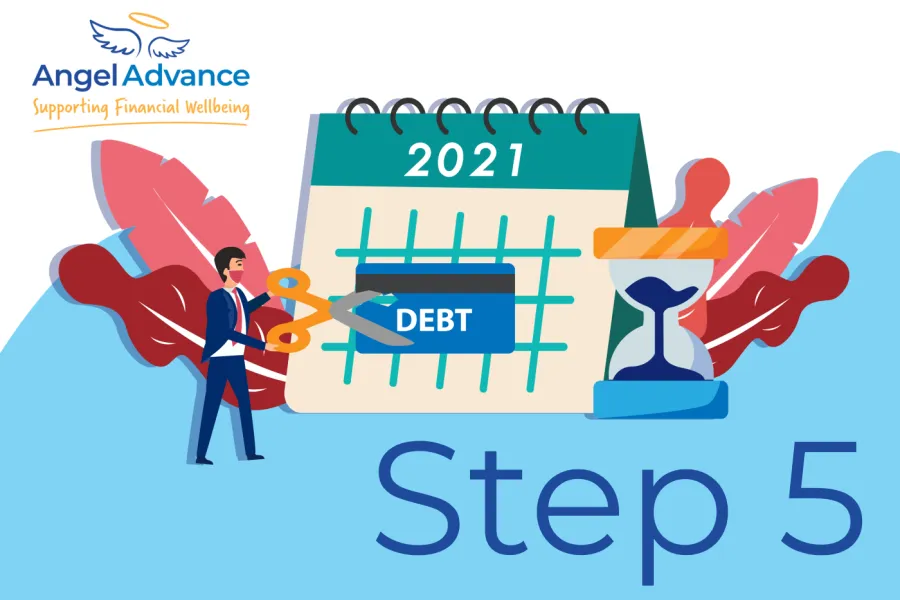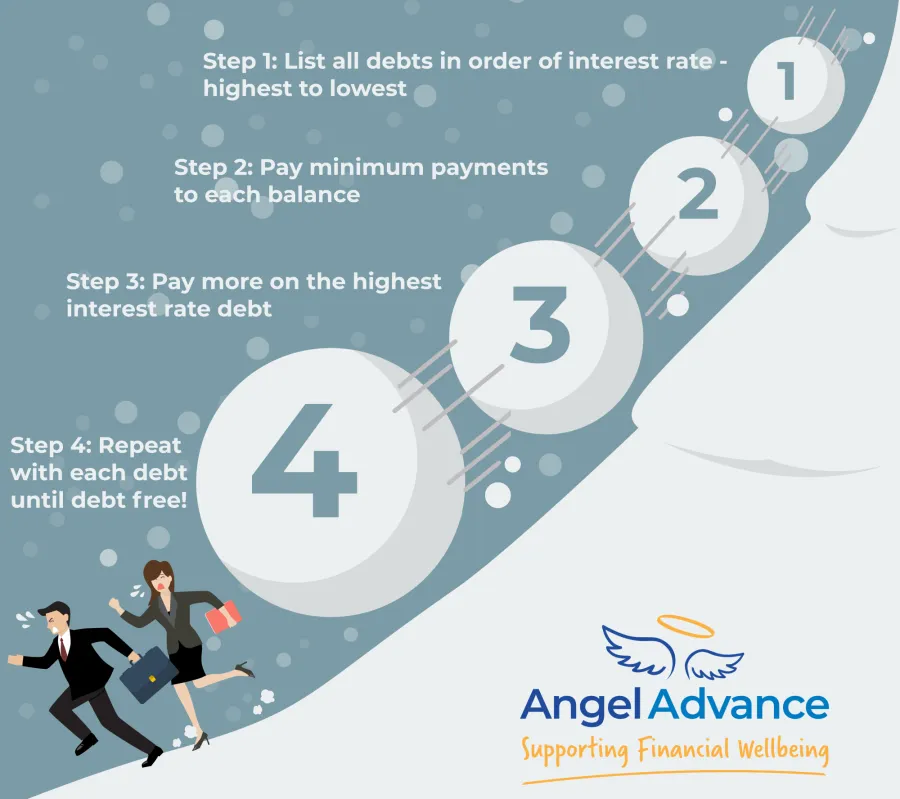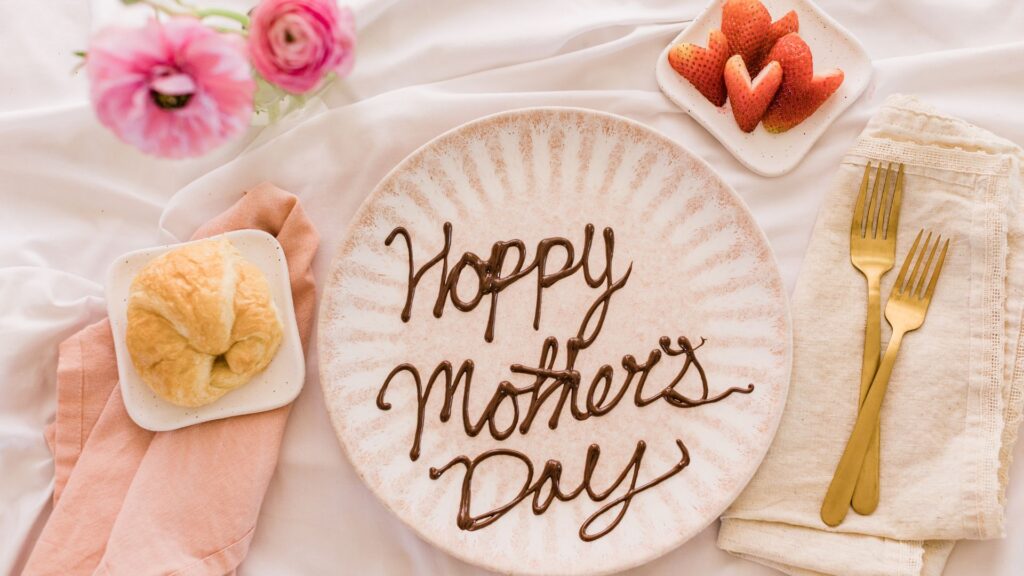If your debts are making you feel snowed under, and you want to consider alternatives to switching providers or cutting back on your expenses, a debt-clearing method may be the best option for you. This is where obtaining your minimum payments and interest rates will come in handy.
The most common debt-clearing method, and one that you may already be familiar with, is the Debt snowball method, this is a process of tackling the smallest balances first.

Another debt-clearing method that is not as common, but just as beneficial, is the Debt avalanche method:
Avalanche Vs Snowball – Which is better for me?
Debt snowball can be a little bit more motivating than the Avalanche, as you’ll quickly reduce the number of debts you have, whereas the Avalanche method will usually be the bigger money saver in the long run. If you’re feeling super motivated, you could attempt the Avalanche first; if not, maybe start with the Snowball and see how you get on. You could always re-strategize and switch to the Avalanche.
Debt solutions – What are my options?
If you’ve tried the Avalanche and Snowball methods and found it too much to manage, you’re one of thousands. The good news is that there are other debt solutions which often feature a company – such as Angel Advance – taking care of the debt for you. We’ve written a brief summary of some debt solutions you may be familiar with:
Debt Management Plan with Angel Advance: A debt management plan involves us working out a budget with you which includes all of your essential household expenses such as your rent, mortgage, utilities, and food shopping. The money that is left over will be used to pay the people that you owe money to (your creditors). This is called your ‘disposable income’.
Debt Relief Order With Angel Advance: A debt relief order is only available to individuals who have very little disposable income available to pay to their creditors, have few or no assets, and a limited level of debt. If you are eligible for a DRO we can help you with the application.
Individual Voluntary Arrangement with Angel Advance: An Individual Voluntary Arrangement (IVA) is a legally binding agreement between you and your unsecured creditors, arranged and supervised by a Licensed Insolvency Practitioner (IP). In short you agree to pay back the maximum you can afford over a specified period of time, usually 5 years, at the end of which period your creditors agree to write off any remaining balances.
Bankruptcy: Bankruptcy is a formal insolvency procedure. You can apply to go bankrupt if you can demonstrate that either your debts exceed your assets, or you are unable to pay your debts when they are due. There is no restriction on the level of debt you must have to apply.
Partial Settlements: A partial settlement is a repayment which is less than the total amount of debt owing. Sometimes, depending on circumstances – such as how long it will take to pay your debt off and the amount of your current repayment – your creditors may be prepared to write off a chunk of your balance if you can pay them a lump sum.
Scottish Debt Solutions: Have a read through our page here for more information.
Feeling financially fit?
You’ve now followed our 5 steps to getting financially fit, hopefully you’re feeling relieved and aware of how to take care of your finances. If you’d like to discuss any of the information we’ve covered in our articles, or feel like you’re ready to seek debt advice, get in touch.
We’re able to offer advice entirely online or you can speak to one of our expert debt advisors on 01925 599400 or via email info@angeladvance.co.uk



